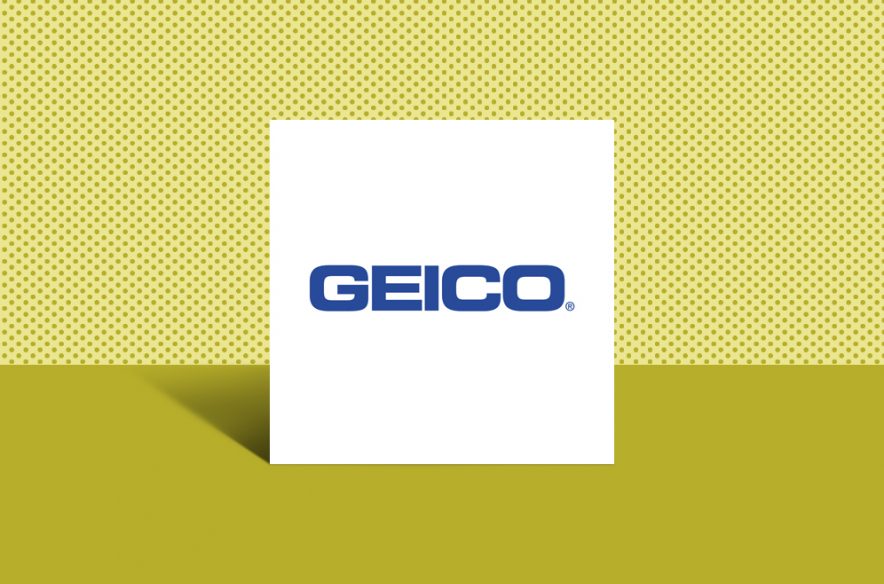If you’re a landlord, protecting your rental property investment means keeping an eye on your tenant’s belongings, as well as the structure of the building itself.
This can be difficult when you have to deal with the day-to-day tasks of running a business, but it’s essential to reduce your chances of incurring significant losses.
To give you more time to devote to your other responsibilities, GEICO offers landlord insurance that gives you extra protection in case of theft or damage to your property.
To learn more about this policy and how it works, read below!
SEE: The 5 Best Email Marketing Platforms to Help Grow Your Business
What Is Landlord Insurance?
Landlord insurance is there to protect you from liability should one of your tenants be injured on your property or if their belongings are stolen.
You’ll also want landlord insurance to cover damage caused by weather, for example, a tree that falls onto your roof during a storm.
Additionally, you may need building insurance—which provides coverage for structural damages and renovations—in order to get financing for a property.
There’s even liability protection in case someone is injured on your property and sues you as a result. Of course, not all landlords need landlord insurance; it depends on several factors including your location and how much money you make from renting out properties.
What Types of Losses Are Covered by Landlord Insurance?
If you own a rental property, landlord insurance can protect you against many common losses, including fire and other disasters.
In addition to covering these risks, though, it will also typically protect your investment in other ways. For example, it may cover certain repairs or maintenance costs; act as a form of property damage coverage for damage that isn’t covered by tenants’ personal belongings, and even provide liability protection if someone is injured at your rental property.
No matter what type of landlord insurance policy you choose, it’s important to remember that not all types of landlord insurance are created equal.
A good rule of thumb is to ask yourself how essential each type of coverage would be if a loss occurred.
How Much Does GEICO Landlord Insurance Cost?
Renters’ insurance is typically much cheaper than your standard homeowner’s insurance policy. And while GEICO landlord insurance won’t cover any damage to your own property, it will protect your investment by covering things like vandalism, theft, fire, and more.
Of course, there are always limitations and exclusions for coverage – so you should thoroughly review all of that information before you decide to go with GEICO.
Be sure to have a backup plan in place as well in case something unexpected happens and you don’t have enough coverage.
Most renters can purchase additional liability coverage for their personal property if they opt for an umbrella liability policy.
This can help provide a little extra protection against major damages that may not be covered under landlord insurance.
Do I Need To Carry Both Commercial And Residential Coverage?
If you own rental property, you probably have a pretty good handle on your homeowner’s insurance needs. But as a landlord, your responsibilities are just beginning.
If a renter in one of your properties has an accident at home or suffers a loss in their apartment, their damage claims can affect you personally—not just your property.
For example, if they break a window while cleaning it and accidentally let water into the wall behind it, you’re responsible for covering those repairs under the residential policy; but if they intentionally break that same window because they don’t like living there, their vandalism would be covered under a commercial policy.
How Do I Get Started with GEICO Landlord Insurance?
If you’re just starting out as a landlord, then you probably want to make sure your property is adequately protected. GEICO landlord insurance offers discounts on home insurance for landlords who rent out one or more units in their primary residence.
A single policy will cover you no matter how many units are under your ownership. To take advantage of this coverage, simply submit a copy of your lease agreement to GEICO and we’ll be happy to review it.
SEE: Homeowners Insurance in Florida for Your Needs





